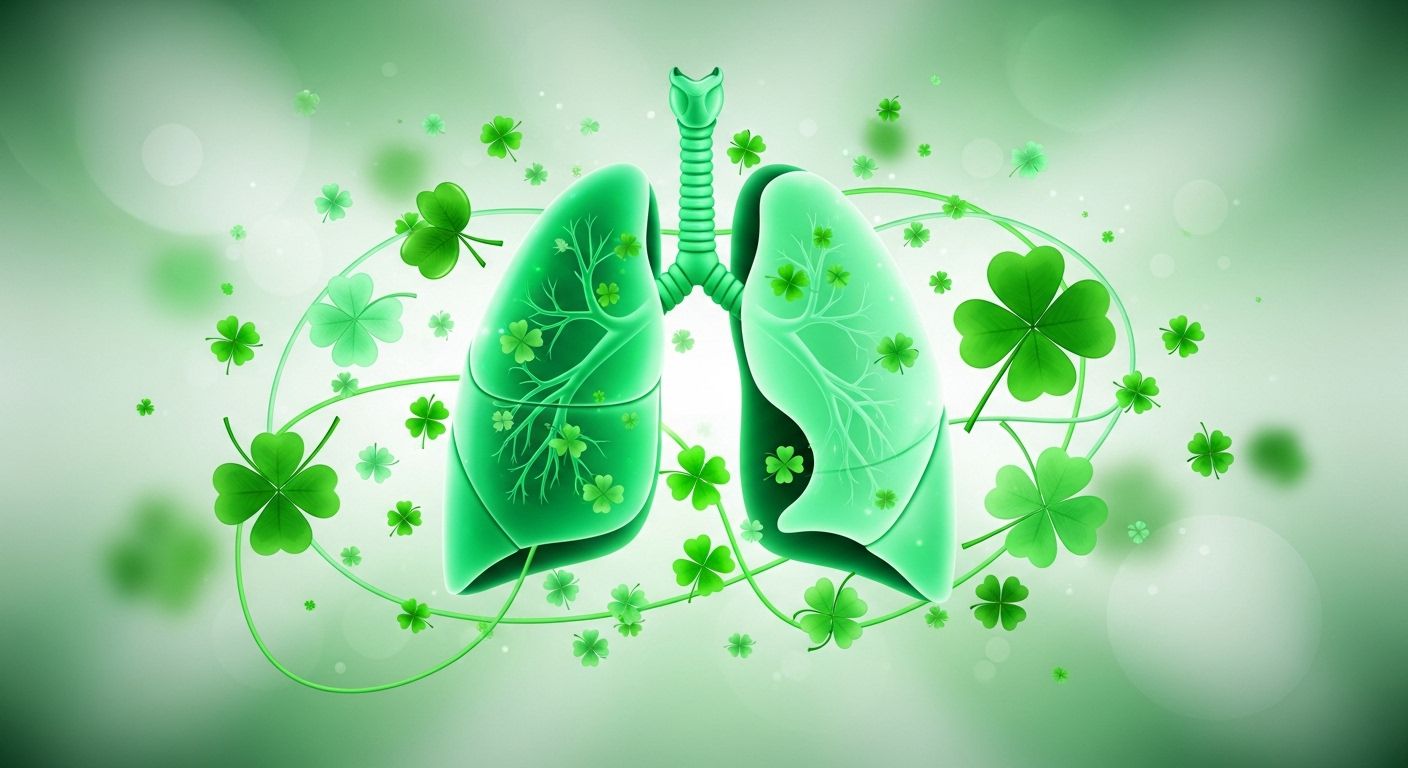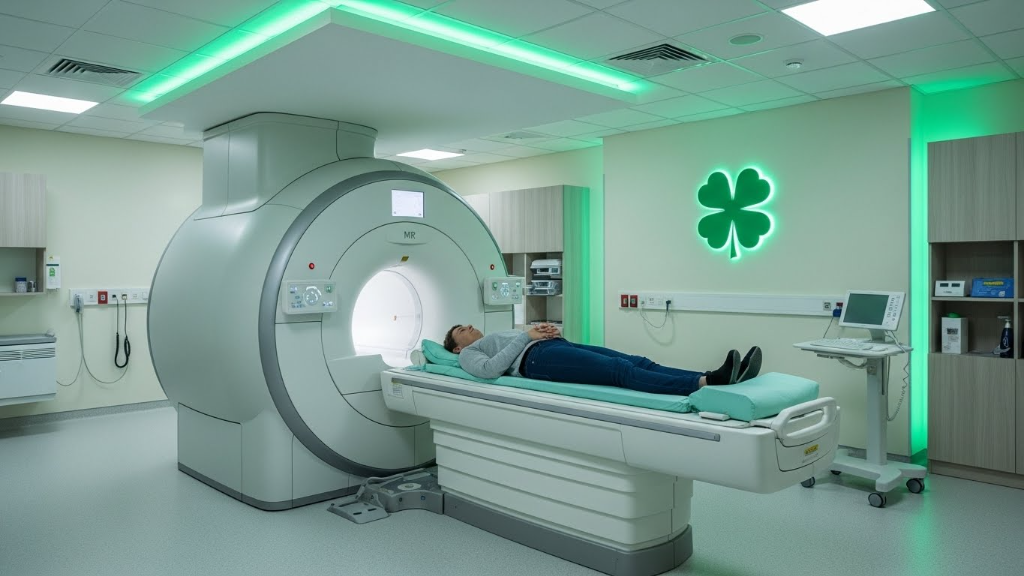5 Lifestyle Changes That Lower Your Risk of Lung Cancer (Even If You’re a Smoker)
Lung cancer is one of the most common and preventable cancers worldwide. While smoking remains the leading risk factor, the reality is that lifestyle choices beyond smoking also play a significant role in lowering your risk.
And the good news?
Even if you are currently smoking, or have smoked for years, positive lifestyle changes can still make a meaningful difference.
Below are five evidence-based habits that protect lung health and support long-term wellbeing.
1. Quit Smoking and Avoid Second-Hand Smoke

Quitting smoking is the single most effective step you can take to reduce lung cancer risk. Every cigarette avoided reduces exposure to carcinogens, improves lung capacity, and begins the slow process of healing.
If quitting is difficult, start with:
- Nicotine replacement therapies
- Behavioral support or counseling
- Gradual reduction strategies
- Avoiding environments with second-hand smoke
Even cutting down can help, but quitting completely provides the greatest benefit.
2. Move Your Body Regularly

Regular physical activity strengthens your lungs, boosts your immune system, and reduces inflammation. People who exercise consistently, even at low or moderate intensity, have a lower risk of developing lung cancer compared to those who remain inactive.
Aim for:
- 150 minutes of moderate activity per week (brisk walking, cycling, swimming)
- Strength training 1–2 times weekly
- Light daily movement to counter long sedentary hours
Small, sustainable habits can make a long-term difference.
3. Eat a Lung-Supportive Diet

Your diet plays a major role in protecting your cells and strengthening your immune system.
Prioritize foods such as:
- Fresh vegetables (especially leafy greens and cruciferous vegetables)
- Fruits rich in antioxidants
- Whole grains
- Legumes and nuts
- Lean protein sources
- Healthy fats (olive oil, avocado, omega-3 rich fish)
Limit foods such as:
- Ultra-processed foods
- Sugary drinks
- High-sodium packaged snacks
Nutrition doesn’t replace medical screening, but it supports overall cellular health and resilience.
4. Manage Your Weight and Reduce Environmental Exposures

Maintaining a healthy body weight reduces inflammation and protects lung function. Additionally, environmental exposures, such as radon, asbestos, diesel fumes, and industrial chemicals, can increase the risk of lung cancer.
Helpful steps include:
- Testing your home for radon if you live in at-risk regions
- Using protective equipment in workplaces with chemical exposure
- Improving indoor air quality
- Avoiding long-term exposure to air pollution where possible
Environmental risk factors are often underestimated but can be significant contributors.
5. Prioritize Regular Health Checks and Screening

Early detection is one of the strongest tools for improving lung cancer outcomes. For those with a history of smoking or long-term exposure to pollutants, low-dose CT screening may be recommended by healthcare professionals.
Routine check-ups can help monitor:
- Lung function
- Inflammation markers
- Respiratory symptoms
- Overall cancer risk factors
If you’re unsure whether you qualify for screening, speak with a specialist, it may be more appropriate than you think.
How BB Global Health Supports Lung Health
At BB Global Health, we believe that cancer care begins long before treatment, it begins with prevention, awareness, and early detection.
Our teams provide international patients with:
- Lung cancer risk assessments
- Consultations with oncology and pulmonary specialists
- Personalized prevention plans
- Support for smoking cessation
- Advanced diagnostic and screening options
- Comprehensive care for patients traveling to Türkiye for evaluation or treatment
We guide you at every step, from lifestyle planning to world-class medical care.
Take Control of Your Lung Health Today
It’s never too late to make meaningful, protective changes, even if you’re a smoker. Small steps today can have a major impact on your long-term health.
To learn more or schedule a consultation, contact BB Global Health:
📞 +90 530 479 59 44



